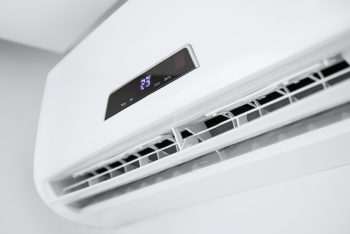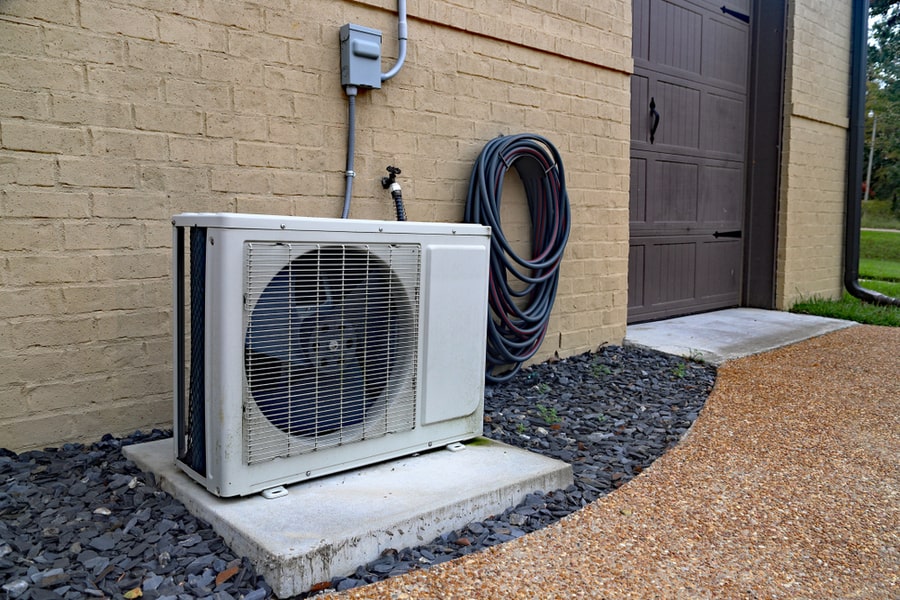
Most people buy appliances without considering the effort to maintain them. Air conditioning systems, in particular, are prone to damage because of the demanding work they perform. And because repairing an air conditioner can cost a lot of money, it’s best to stay on top of the upkeep by understanding how your air conditioner works.
Of all the parts of an air conditioner, the AC compressor is one of the most important. Often damaged by wear, tear, and poor maintenance, this workhorse requires routine cleaning and check-ups to prevent repairs.
But what exactly is an air conditioner compressor, and what does it do?
- An air conditioner’s compressor is mainly responsible for circulating refrigerant.
- Any damage to your AC compressor will result in poor cooling performance.
- Keeping the compressor clean can help prevent damage in the long run.
- In case of any necessary repairs, contact an HVAC specialist.
An AC compressor repair could easily cost you $2,800, depending on the make and model of your air conditioner. That’s why keeping the contraption in good working condition is such an important part of AC maintenance.
What Is an Air Conditioner Compressor?
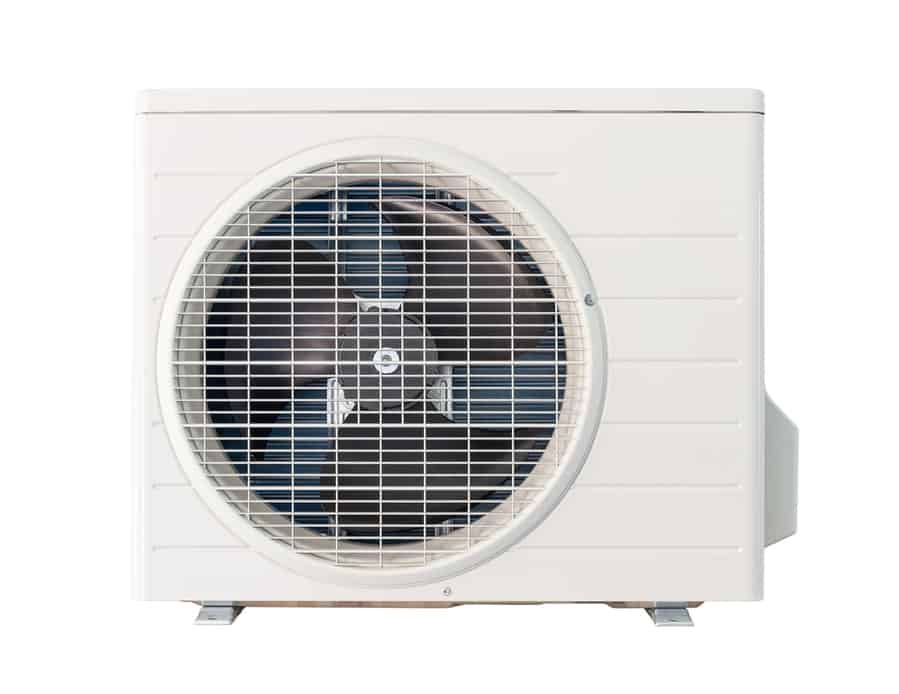
Inside your air conditioner is a chemical called refrigerant. This component has the unique ability to absorb heat when converted from gas to liquid. To do this, your air conditioner uses a compressor that pressurizes and compresses the refrigerant to absorb heat in your space.
The trapped heat is then pushed through the air conditioner system to release the collected heat outside. If your AC compressor isn’t working properly, it might not be able to facilitate this process.
In effect, you might notice that your AC struggles to cool your space or fails to do so entirely.
Common Reasons for a Damaged AC Compressor
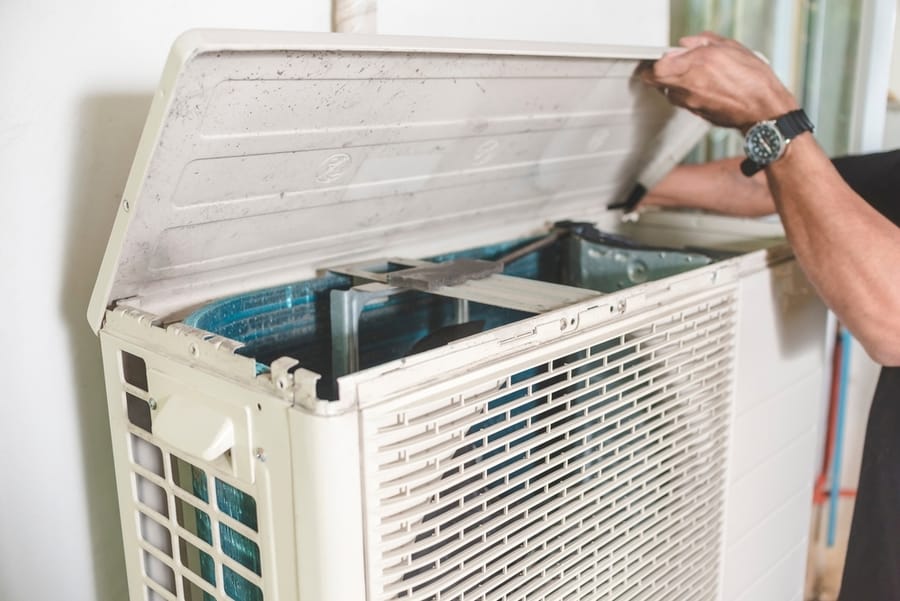
If you suspect that your AC is struggling to cool your space because of a damaged compressor, there are a number of reasons why that might happen.
These include the following:
- Dirty condenser coils.
- Compressor contamination.
- Low levels of refrigerant.
- Obstructions in the suction lines.
- Insufficient lubricant oil.
It’s definitely possible to clean your air conditioner’s parts (like the filters and condenser) without professional assistance. But if you suspect any damage to your compressor, it’s vital that you seek the expertise of an HVAC specialist.
Do not attempt to perform DIY repairs, especially if you’re not exceptionally skilled in dealing with air conditioning systems.
Conclusion
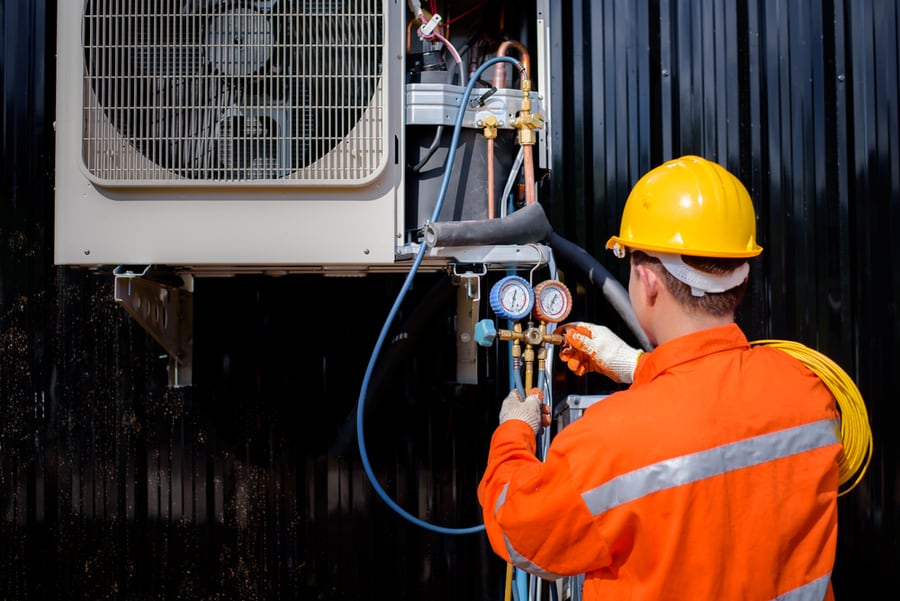
An air conditioner’s compressor is vital to its cooling performance. Making sure your AC’s compressor is in proper working condition should guarantee efficient functionality all year round.
If you suspect any damage to your AC compressor, ask for the help of an HVAC specialist for prompt, effective resolution.
Frequently Asked Questions
What Are the Signs of a Damaged Compressor?
Poor cooling performance is the most obvious and often the only sign of a damaged AC compressor. You can run your air conditioner for several hours without noticing any improvement in your home’s temperature.
If you place your hand against the vent, you may notice that it pushes out warm air. These are all signs of a damaged compressor.
How Much Does It Cost To Replace a Compressor in an Air Conditioner?
The part itself could cost roughly $1800. Repair fees could cost between $500 to $800, depending on your location and the extent of the damage. Since AC compressor repairs and replacement can cost quite a lot, it’s ideal that you do what you can to maintain your compressor in proper condition.
Scheduling your AC for routine maintenance with a local HVAC specialist can prevent major damages in the future.






